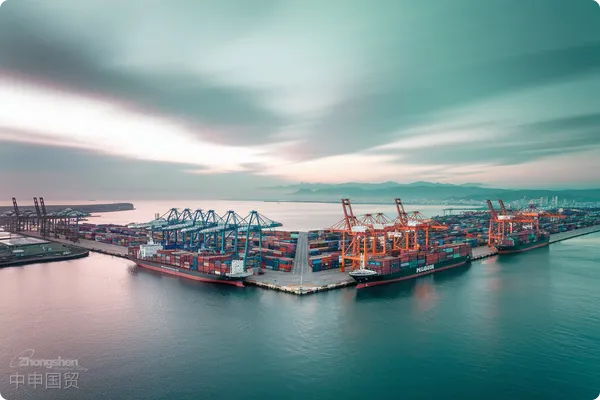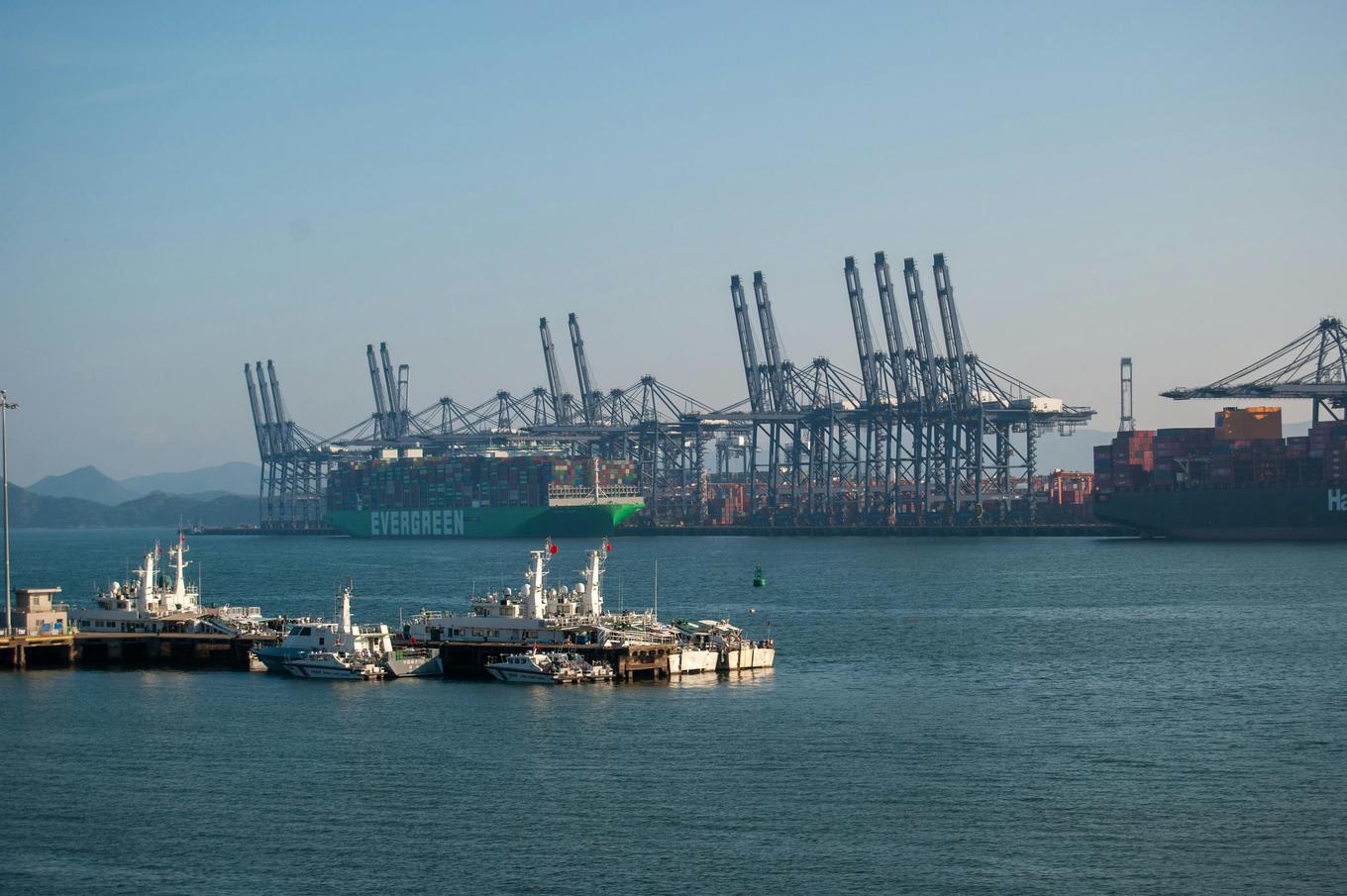- Shanghai Zhongshen International Trade Co., Ltd. - Two decades of trade agency expertise.
- Service Hotline: 139 1787 2118

I.Import RepresentationCore value analysis
Against the backdrop of global supply chain restructuring in 2025, importing large kitchen equipment facesthree major challenges: rising compliance thresholds, fluctuating logistics costs, and escalating technical barriers. Professional agency services can help companies save 12-18% in comprehensive costs. According to World Customs Organization data, importers using professional agencies experience an average reduction of 3.7 working days in customs clearance time.II. Key control points in the import process
Verification of CE/UL certification validity for equipment manufacturers
- Qualification pre-review stage
- Compliance matching with importing countrys energy efficiency standards (e.g., EU ERP Directive)
- Compliance Matching with Import Country Energy Consumption Standards (e.g. EU ERP Directive)
- Logistics solution design
- Oversized equipment transportation: Special passage permits must be applied for 6 weeks in advance
- Moisture-proof packaging requirements: Relative humidity must be maintained between 30%-50%
- Key points of customs clearance operations
- HS code declaration: Professional agents can improve classification accuracy to 98%
- Tariff preference utilization: Up to 12% tariff reduction available under the 2025 RCEP agreement
III. Typical Issue Response Strategies
A典型案例 case encountered by a chain餐飲 group importing commercial ovens in 2025:
- Handling of customs duty disputes: ThroughIt is recommended to verify through the following methods:Successfully recovered $135,000 in taxes through明復議
- Logistics delay response: Activate backup port solutions to reduce 21 days of demurrage losses
- Quality discrepancy handling: Successfully claimed equipment repair costs based on international trade terms
IV. Agency Company Selection Criteria
Three dimensions should be considered when evaluating agency service providers:
- Professional Qualification Matrix: 6 core qualifications including AEO certification, FIATA membership
- Service network density: Clear customs clearance time commitments at major ports must be specified in contracts
- Risk control system composition: Should include pre-classification database, trade compliance alert system
V. 2025 Industry Trend Insights
According to the latest General Administration of Customs data, large kitchenEquipment ImportspresentsModular transportation grew by 27%,The proportion of used equipment imports increased to 18%among other new characteristics. Professional agency companies are building new service systems that include3D inspection technology,Intelligent tariff query systemFacing increasingly complex international trade environments, choosing professional agency companies with full-chain service capabilities will become key for enterprises to establish sustainable import competitiveness. Through the practical points explained in this article, we hope to provide effective references for your equipment import decisions.
Conclusion
Complete Guide to Importing Large Kitchen Equipment: How to Efficiently Clear Customs and Avoid Trade Risks
Related Recommendations
? 2025. All Rights Reserved. Shanghai ICP No. 2023007705-2  PSB Record: Shanghai No.31011502009912
PSB Record: Shanghai No.31011502009912










